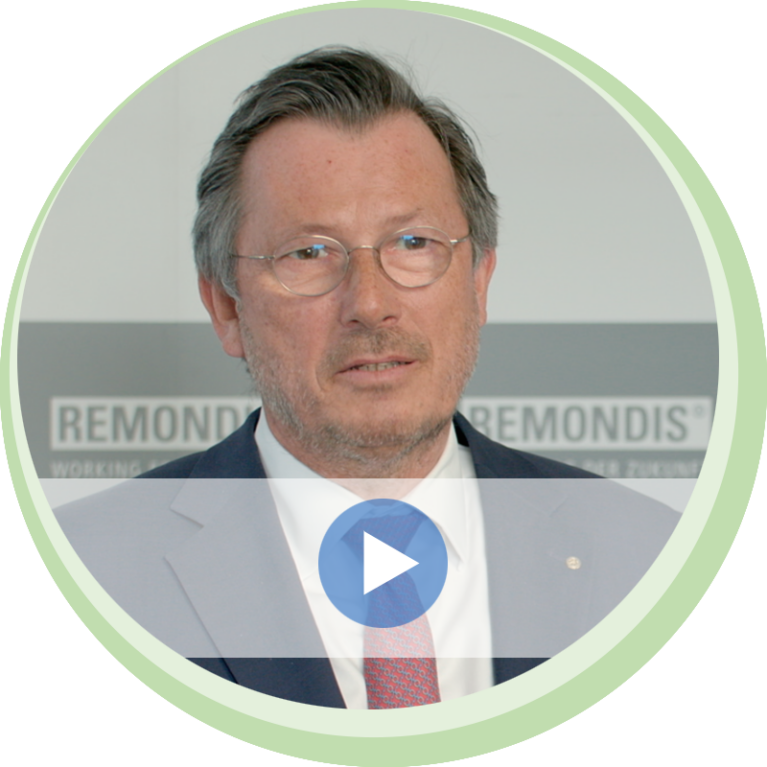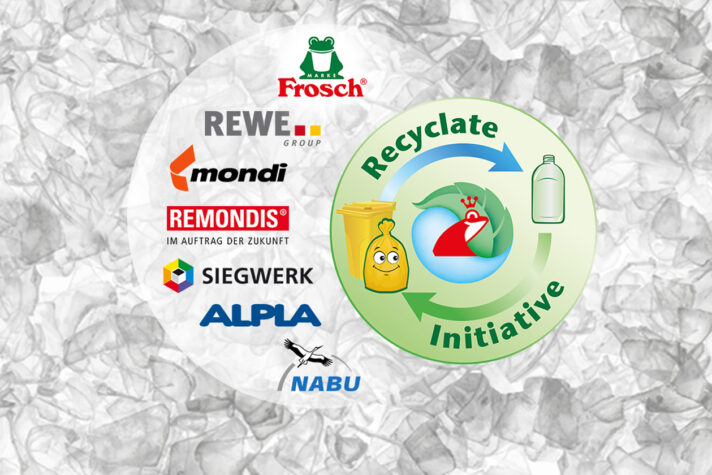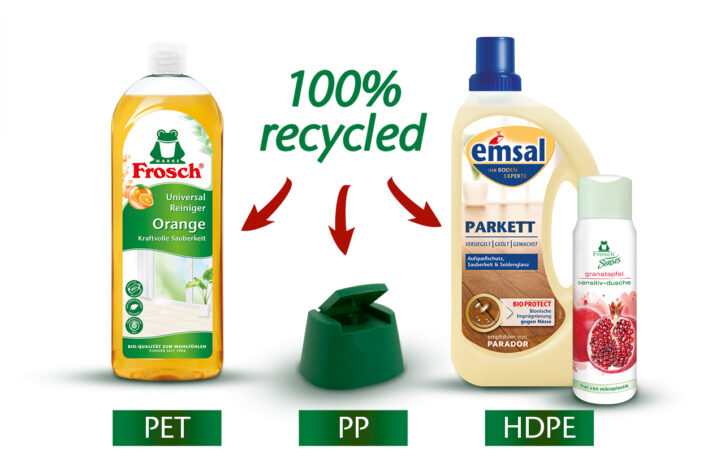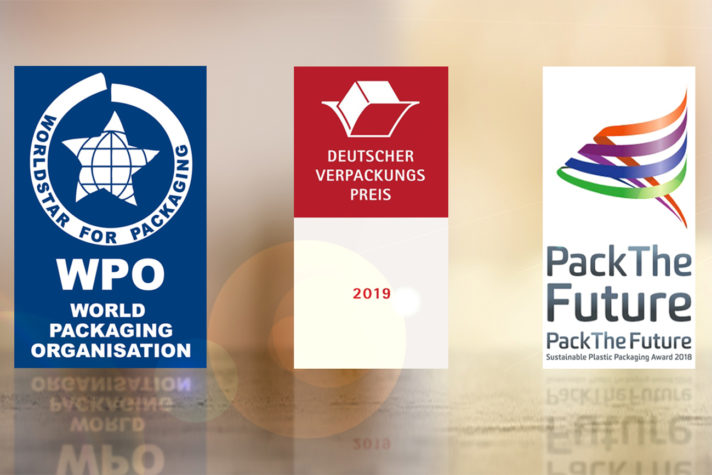The Recyclate Initiative works on behalf of more sustainability in the waste management industry and true plastic recycling from the Yellow Bag. It follows a closed cycle principle in which plastic packaging is produced without the use of petroleum. more

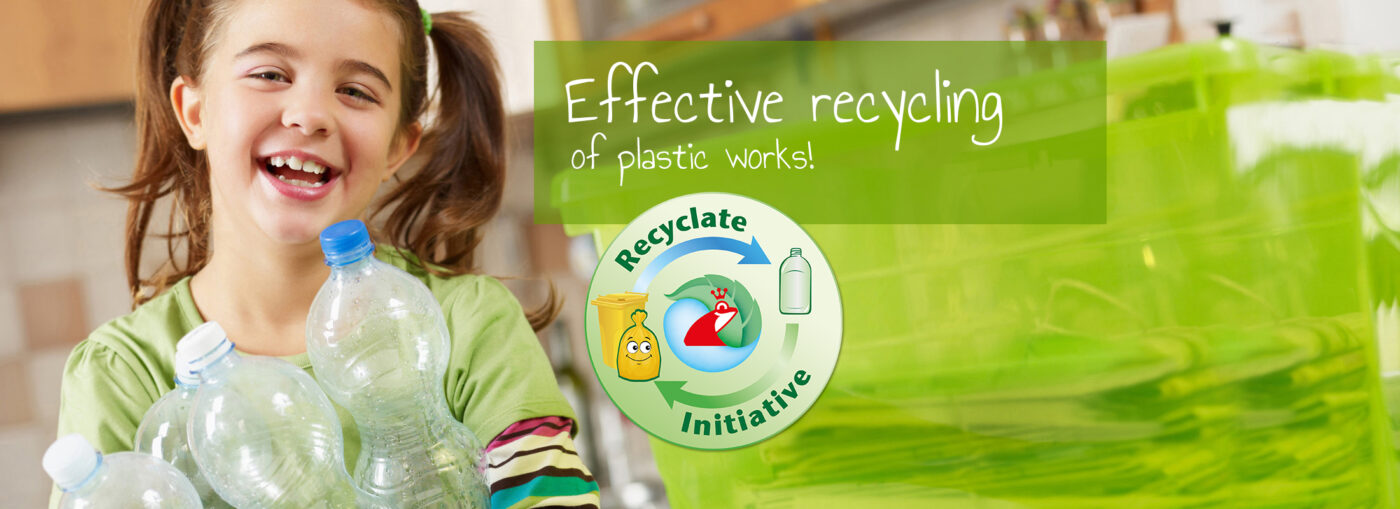
Recycled PET Bottles
Does the telling count or is the count telling?
While others are still making promises, we have already put this many 100% recycled PET bottles* to use:
* from the Werner & Mertz Recyclate Initiative
That is a world record in 100% recycling.
We for Recyclates
Genuine recycling can work only if packaging from the Yellow Bag is put into a closed technical production cycle. That is the approach taken by the Frosch Recyclate Initiative. Anyone who wants to share knowledge or experience with us is invited to get involved.
Together we are working on innovative solutions for an effective circular economy based on resource conservation and sensible, sustainable product design. When sustainability is designed into the product, less waste will be generated and less pollution will burden the environment. In the end, we have a sustainable way to care for our future.
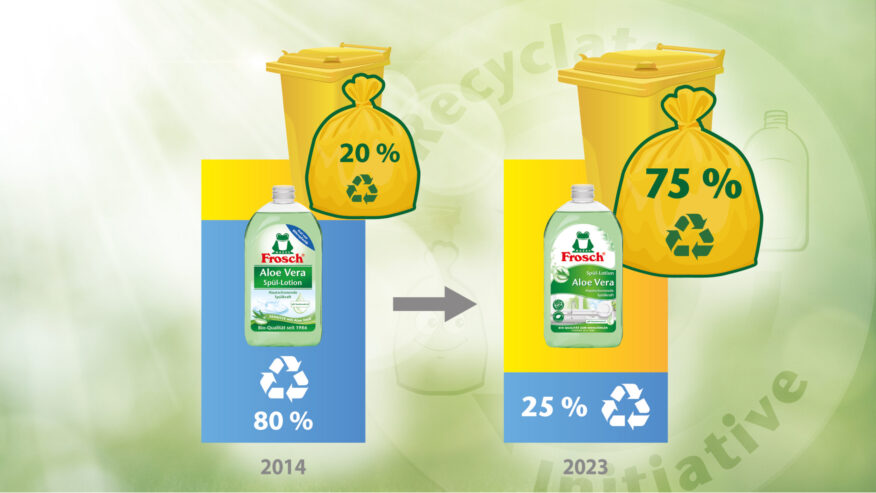
New recycling standard: 75 percent from Yellow Bag
For years Werner & Mertz has repeatedly set new standards in the recycling of plastic packaging. Since 2014 the PET bottles for Frosch products have been made entirely from recycled material. At first 20 percent of the material came from the Yellow Bag and 80 percent from the European deposit bottle collection system (Bottle to Bottle). In 2021 Werner & Mertz and its partner ALPLA increased the used plastic share from the Yellow Bag to 50 percent. The next milestone came in 2023 with the increase to 75 percent, a new record in international comparison.
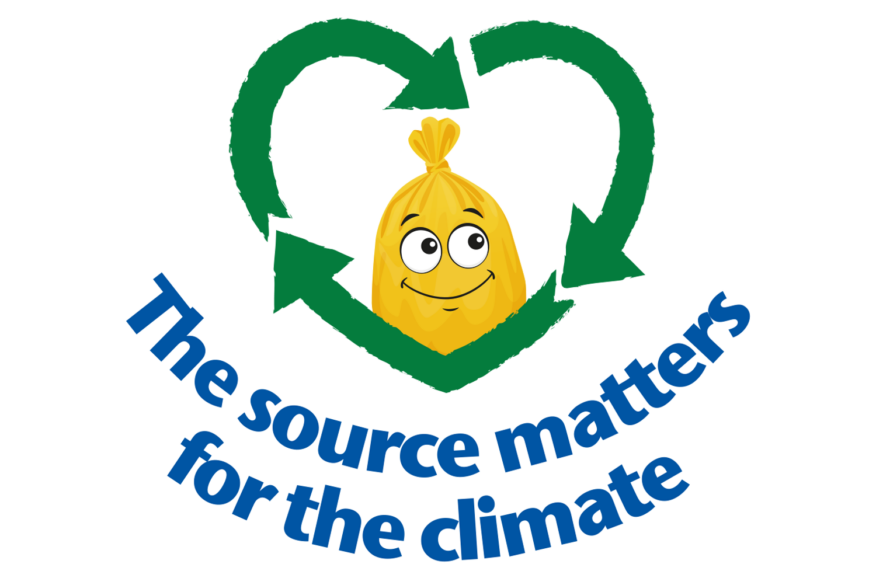
The source matters for the climate
Recycling material from the Yellow Bag is an active contribution to climate protection and resource conservation. This collection system is the perfect source for creating new packaging through resource-conserving mechanical recycling. When 10 old plastic bottles land in the recycling system, 10 new bottles emerge. That is true recycling in the interests of a climate-friendly circular economy. When more plastic is kept in a closed loop, less new plastic has to be produced in climate-damaging ways. And less plastic waste is generated.
An important prerequisite is that the packaging be designed for recyclability in keeping with the Design for Recycling principle. Because material that cannot be reprocessed for high-quality reuse lands in the trash and is lost to the circular economy.
Recycling First – the Recyclate Initiative

Hannes Jaenicke
actor and environmental activist
“We – consumers and manufacturers – are doing everything wrong with plastic. We have to
understand that plastic is a high-quality raw material!”
Recycling Success
Nature shows that closed cycles are effective. We for Recyclates applies this principle to the technical closed loop of plastic recycling. So far we have scored several successes.
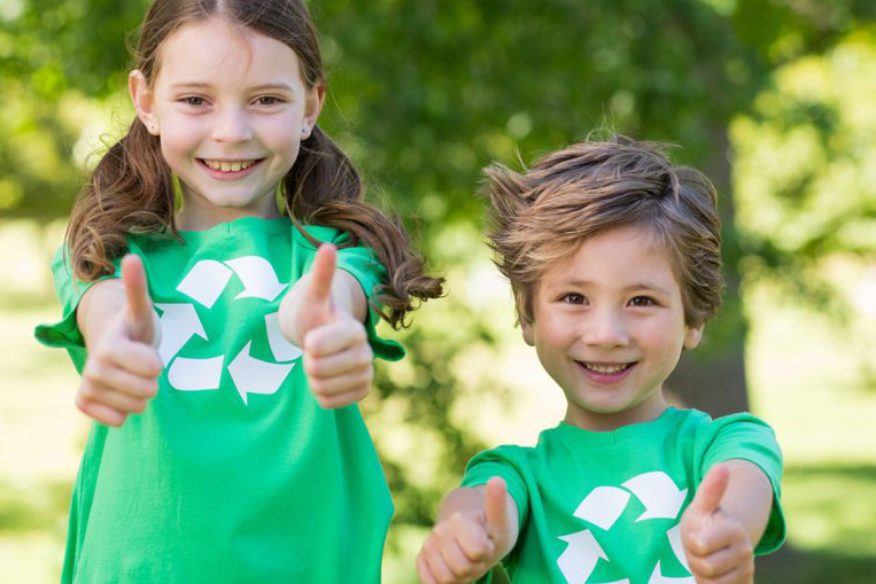
In material recycling, used PET packaging is turned into a PET bottle, HDPE packaging goes into making an HDPE bottle and a PP article becomes a PP cap. That’s real upcycling. At Werner & Mertz, millions of PET and HDPE bottles and PP caps, whose raw materials come from the Yellow Bag waste collection system, show how a genuine circular economy works. The utilized raw materials are maintained and the burden on the environment is eased on land and in the ocean.
Ocean Plastic
More plastic waste than fish in the ocean? This alarming prediction will be fact in just a few decades if we do not come up with fundamental changes in the production, use and recycling of plastic.
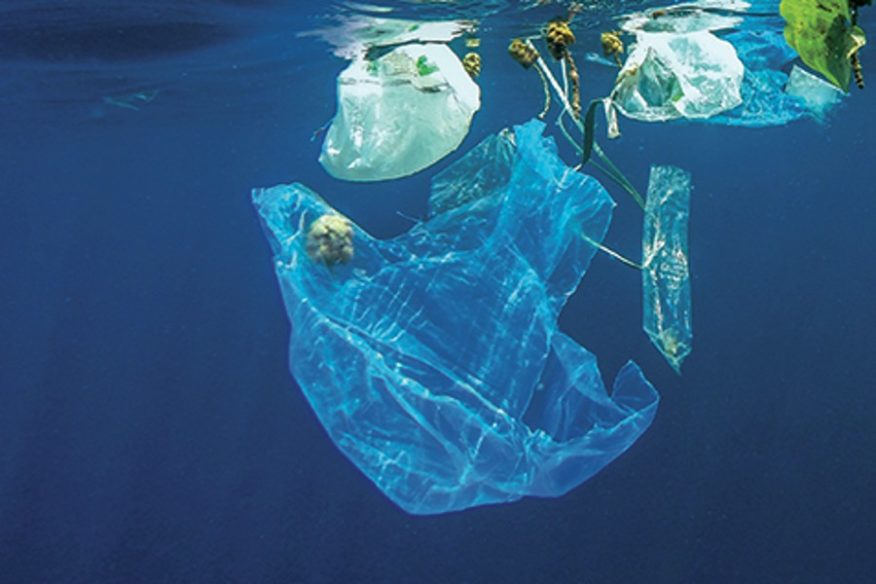
Every year more than six million tons of plastic waste flow uncontrolled into the oceans. Much of it is hardly recognizable microplastic. The consequences are serious for tourism, fishing and maritime shipping, millions of people who make their living from the sea, and, not least of all, marine life that suffers greatly.
A true circular economy for plastic is needed to stem the tide of waste. We for Recyclates shows how this step works.


